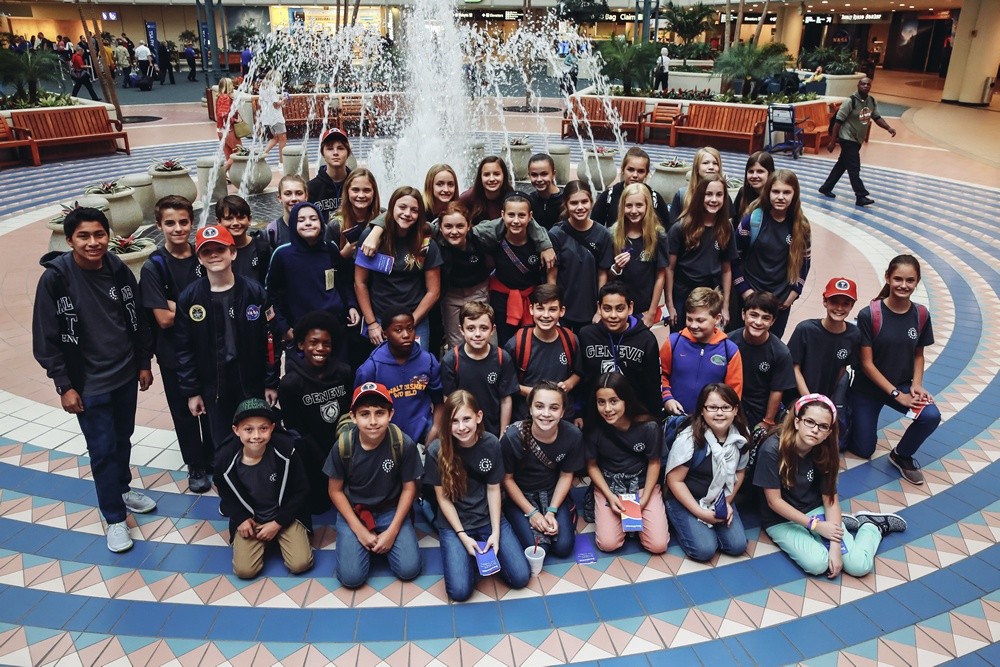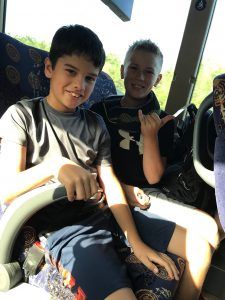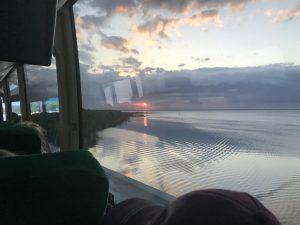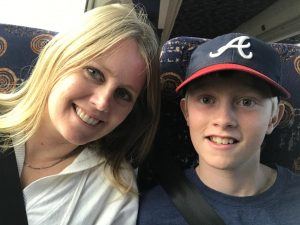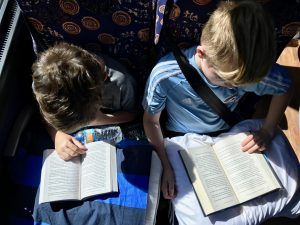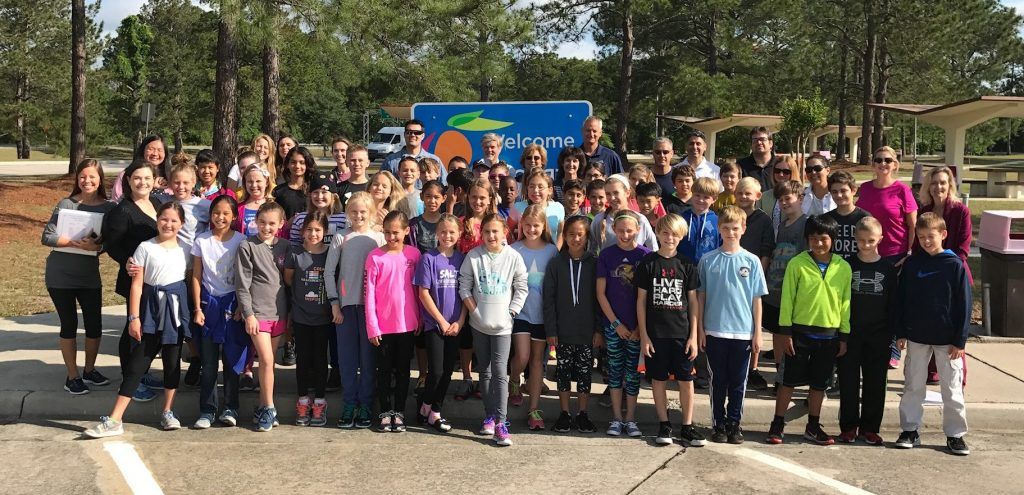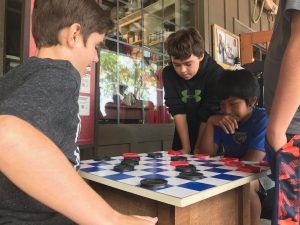August 1, 2017

I had the privilege of going on the Italy trip this summer, and being freshly returned from the glories of Rome, Orvieto, and Florence I had this one over-riding conclusion. Students who are merely driven by grades and GPAs would never have participated like the twenty-eight students who were on the trip. Students were inquisitive and eager to engage the museums, churches, and guides who interpreted the fascinating things we encountered. Their understanding, learning, and sense of wonderment drove them throughout each day to new energy levels as we toured, climbed, walked, and pondered one marvel after another. Only a love of learning accounts for the manner in which they participated throughout the trip.
The love of learning is a cultivated virtue. It is an acquired habit, an ingrained disposition that is carefully, repeatedly, and patiently nurtured in the life of each student. What we experienced during the Italy trip was the direct result of the intentionality behind Geneva’s curriculum. It was the direct result of faculty members whose love of teaching their particular courses has become contagious to their students. Their appetites, whetted in the classroom and at home, were satiated as they feasted on things beautiful, elegant, lovely, and worthy of admiration. Repeatedly we were all lost in wonderment at the extraordinary feats of architecture, engineering, and artisanship displayed during the past two thousand years.
Equally remarkable, much of what we encountered was already familiar to the students from their classroom study. They were alert to the underlying philosophies latent within certain works of art and literature; they could account for the changes in social and cultural fortunes occasioned by varying political theories and leaders. They could discern the dramatic differences that resulted from varying beliefs in pagan mythology, secularism, and Christianity.
The good news is that similar experiences can be had by students at many places within our curriculum. Williamsburg, Jamestown, and Yorktown fuel the imaginations of our fifth graders; Washington DC is a mini-capstone to sixth graders in the grammar school; the re-enchantment of nature occurs during the seventh grade north Florida science trip and during the ninth grade week in the Everglades exploring the unique ecosystems and wildlife of South Florida. The trip to Boston in eighth grade plants seeds which will be nurtured and cultivated through the senior year.
Trips like this one to Italy validate a Christian classical education. Report cards and GPAs provide helpful, though partial glimpses into what a student is learning, but Italy revealed what students have come to love. “And love,” Augustine said, “is the beauty of the soul.”
-Robert F. Ingram, Headmaster

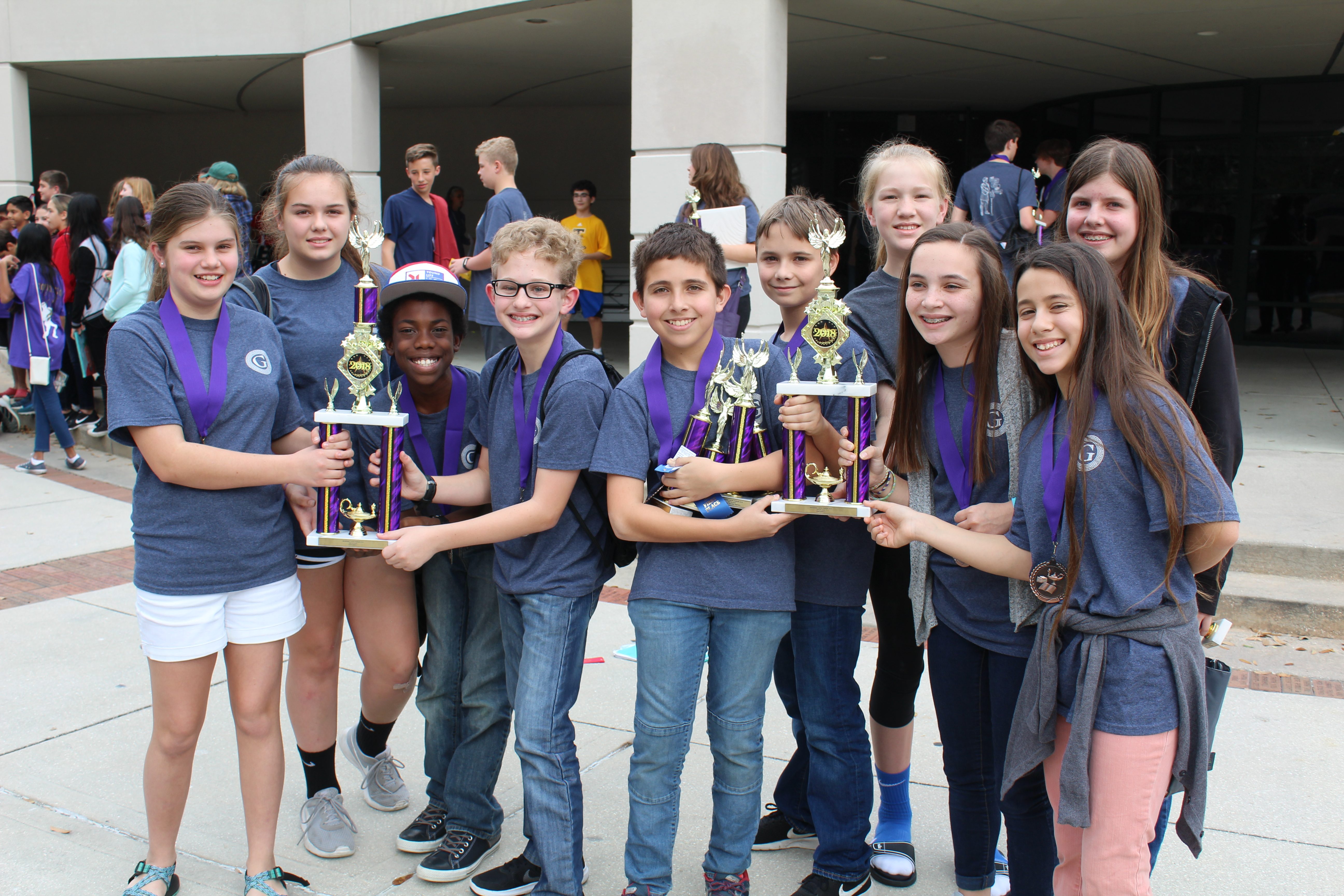

 The eighth graders have landed safely in Boston and are taxiing to the terminal now. Please keep this group of students, chaperones, faculty, and administration in your prayers as they spend the rest of the week touring historic Boston!
The eighth graders have landed safely in Boston and are taxiing to the terminal now. Please keep this group of students, chaperones, faculty, and administration in your prayers as they spend the rest of the week touring historic Boston!